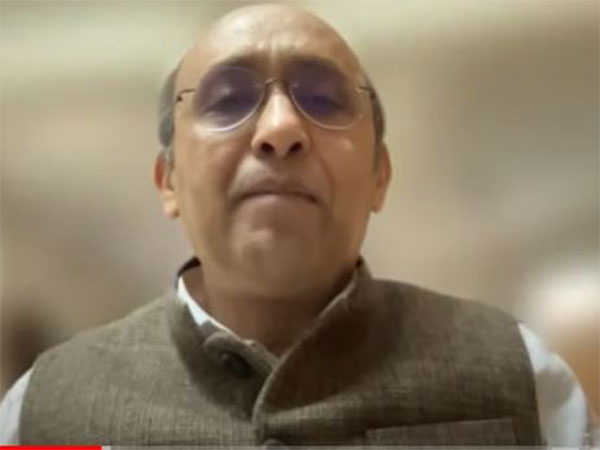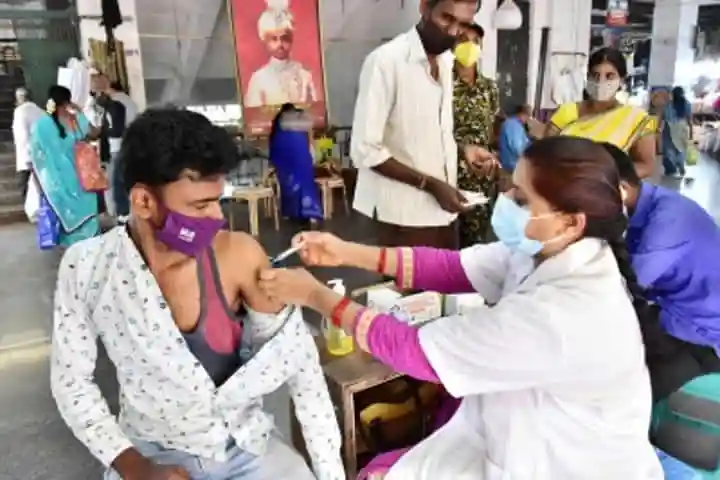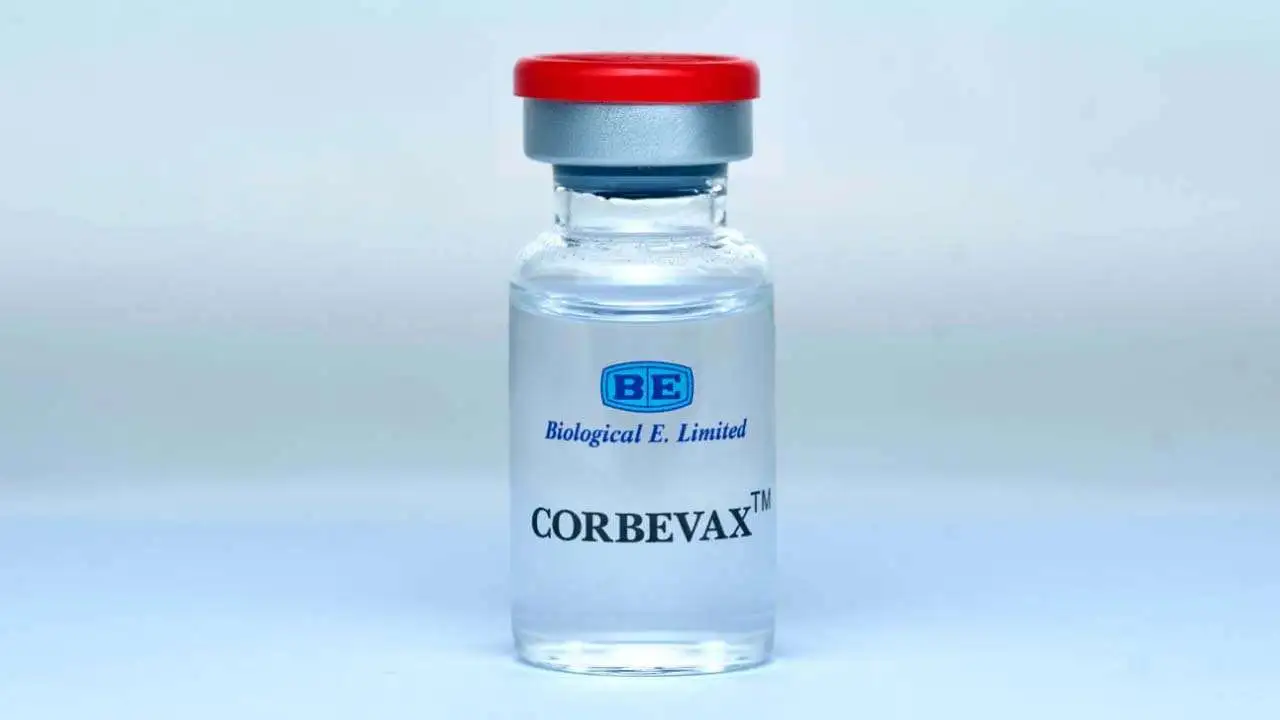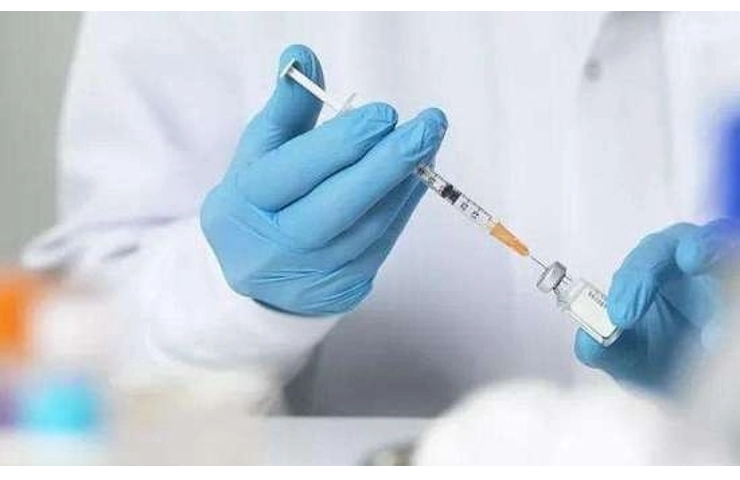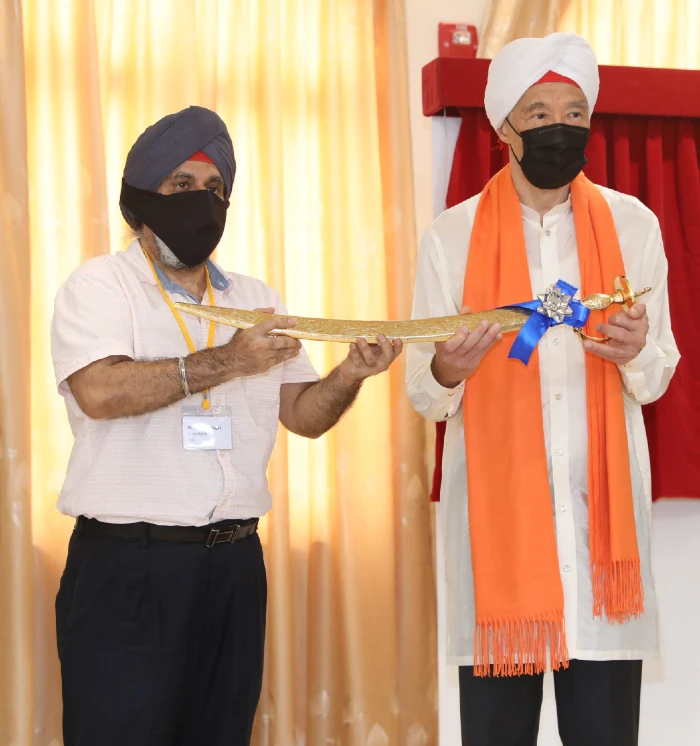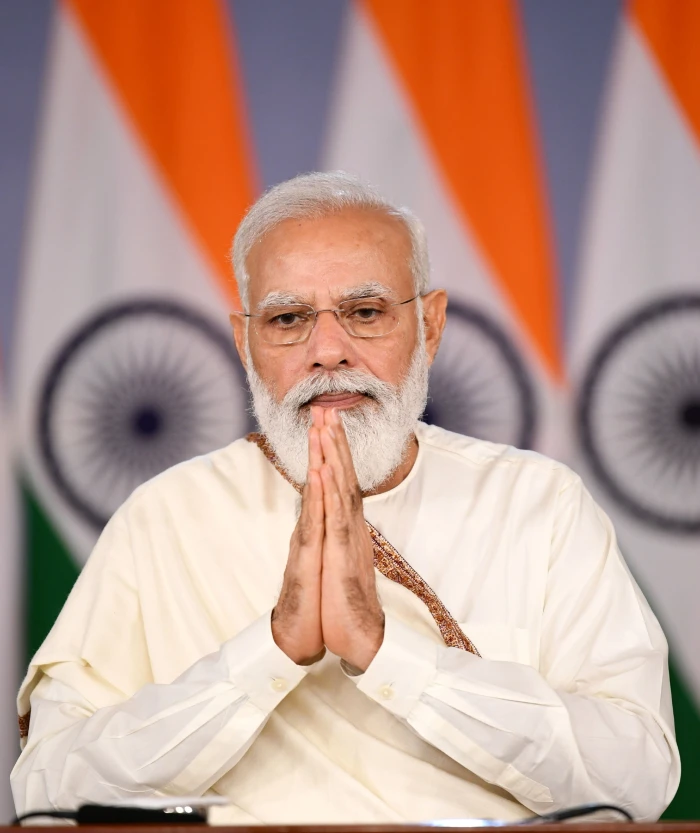New Delhi: India’s healthcare ecosystem is in transition as it has shifted from being a reactive care system to proactive with the help of vaccination, said Rajesh Gokhale, Secretary, Department of Biotechnology, Government of India.
“Vaccination is an important component of proactive health where you actually take care of vaccinating yourself much before you get sick,” said Gokhale on Tuesday, adding that the government is working to develop various other curative therapies to strengthen the healthcare ecosystem in India.
The Secretary made these remarks as part of his keynote address at a two-day International Meet on Preparedness for Future Epidemics “Is India ready to meet the CEPI 100 days vaccine challenge” held in Translational Health Science and Technology Institute (THSTI), Faridabad.
The goal of the meeting is to develop a roadmap for accelerating the concept, design, and delivery of vaccine development for any future pandemic.
Speaking virtually at the event, the Secretary further stressed the fact that Covid has shown us the way how science can triumph over all sorts of adversaries in life.
“In fact, from the government’s point of view, I can just say that the Government of India is considering science and technology as one of the key attributes of the way the future of the 21st century will emerge for the Indian subcontinent.”
The Department of Biotechnology, Gokhale said, is strategically trying to bring together, nurture and strengthen the bio-economy in the country through manufacturing and research activities. He said in the present environment technological solutions have become a “weapon” on how countries prepare for any future pandemic.
Further, terming pandemic preparedness as a complex process, the Secretary said it is important for us to have scientific policies in place and have the capacity and ability to make an impact as and when required at an unprecedented pace.
“The DNA vaccine, which India developed, is the first of its kind in the country and represents wonderful work that was done and was published in Lancet as well. It is really worth being proud of how trials and activities can be done in India at a scale that makes us all feel wonderfully happy about,” Gokhale added.
India’s bio-economy is currently worth USD 80 billion.






